U-A, král opic
- 197 páginas
- 7 horas de lectura
Zdá se vám příliš neskutečná láska mladé američanky Mabel a krále opic U-A? V přírodním i lidském světě však není nouze o podobné události, zvlášť když nechybí fantazie...

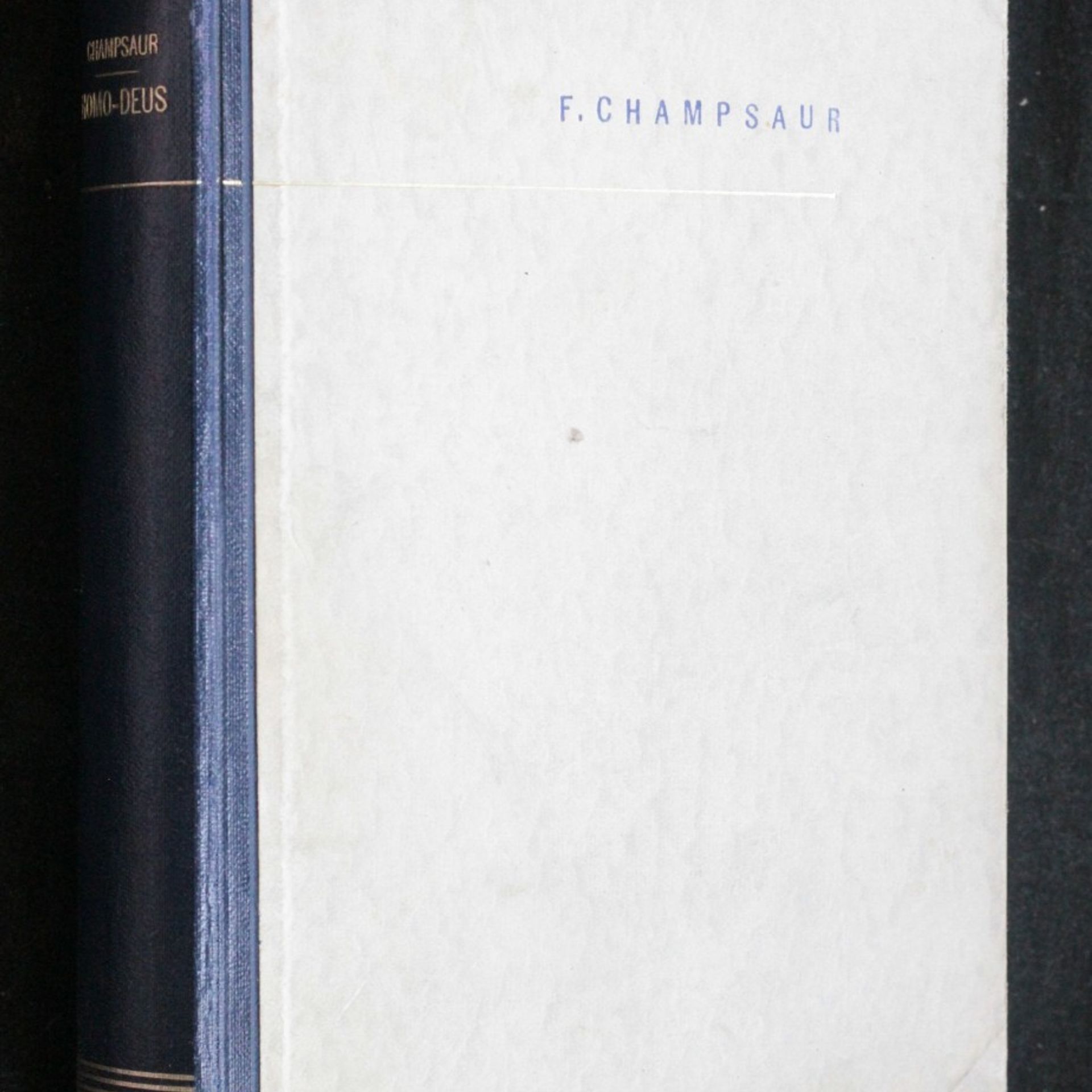
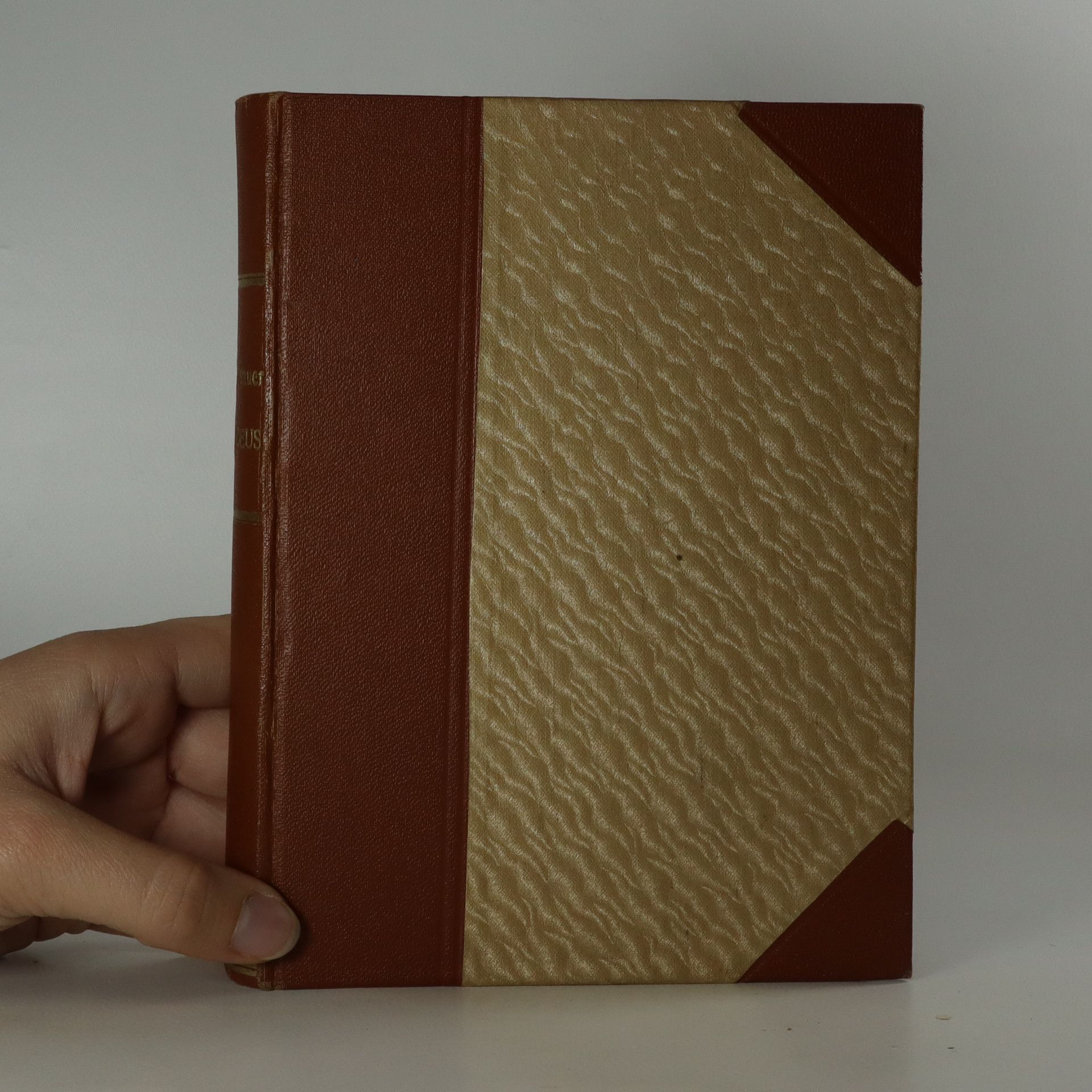
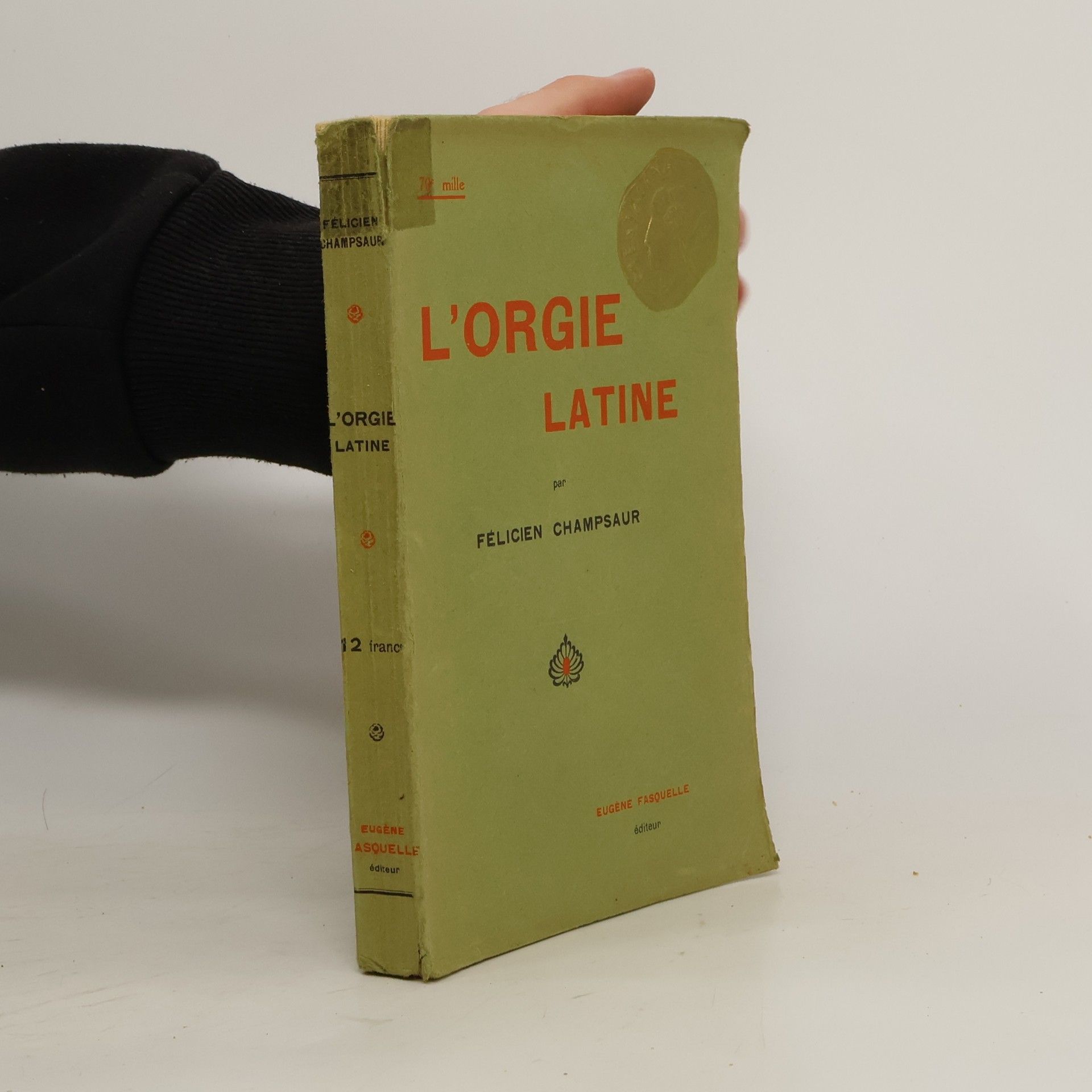
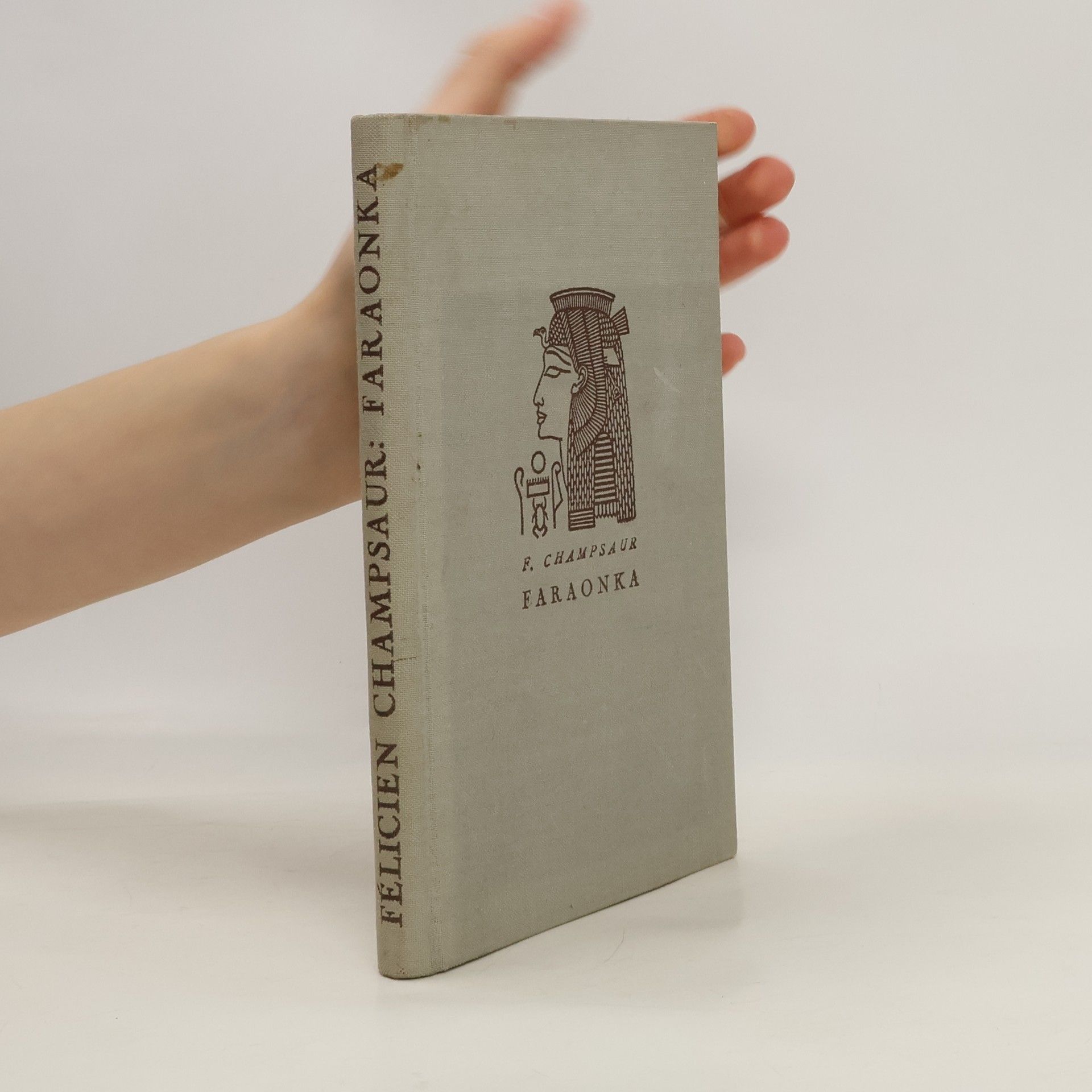
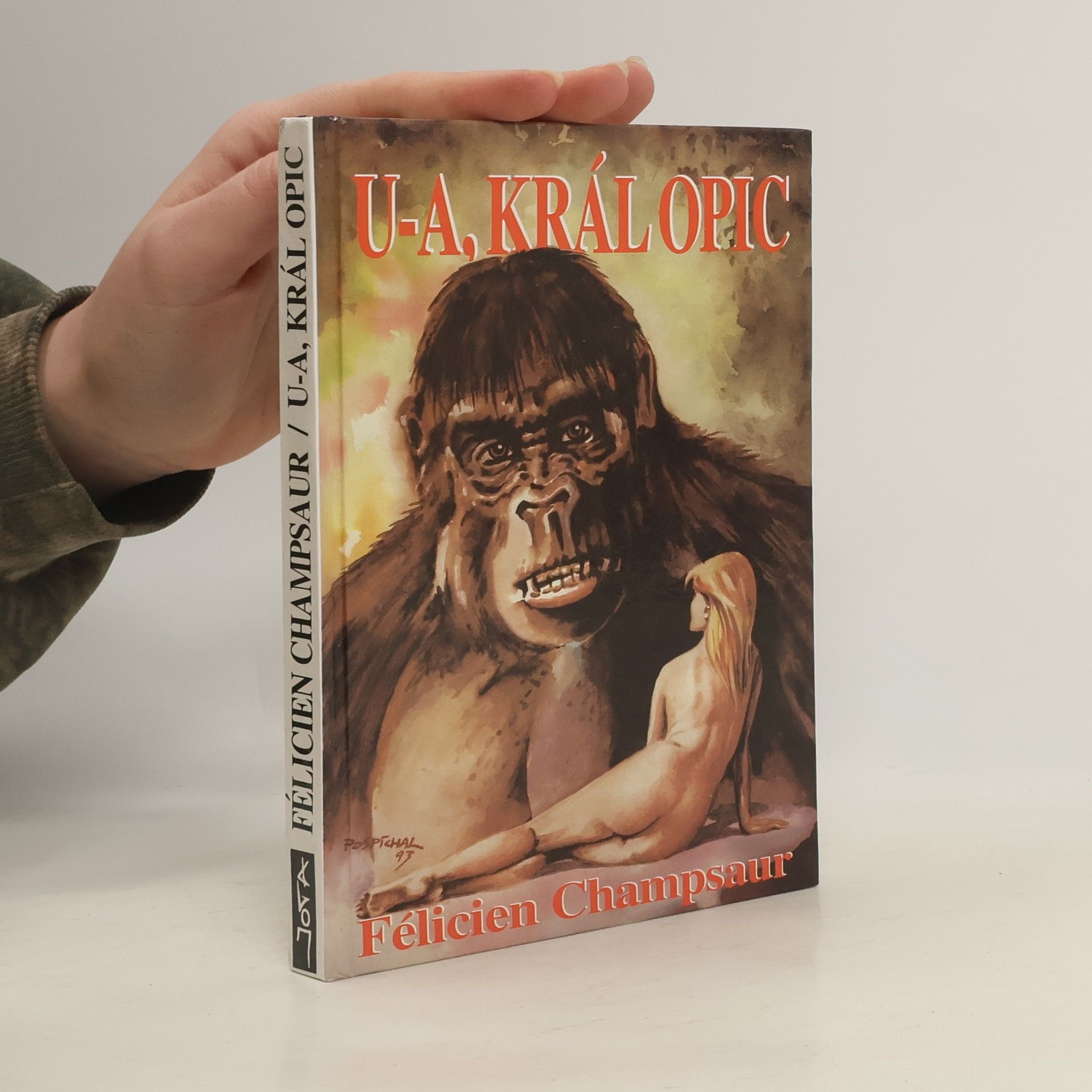
Zdá se vám příliš neskutečná láska mladé američanky Mabel a krále opic U-A? V přírodním i lidském světě však není nouze o podobné události, zvlášť když nechybí fantazie...
Homo Deus - Člověk Bůh, Neviditelný satyr, vyšlo v knihovně světových románů, svazek III.
Homo Deus - Člověk Bůh, Neviditelný satyr, vyšlo v knihovně světových románů, svazek III.